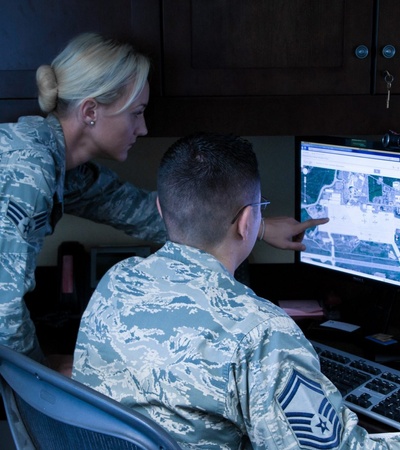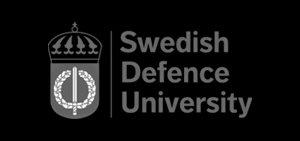Over the last decades, the way we have understood conflict and war has witnessed a notable change. Warfare had traditionally been understood as armed, physical violence. However, today the majority of confrontations between great powers do not involve open military conflict. Instead, cyber-attacks, disinformation, or the involvement of non-state actors and more have emerged as key means of great power conflict.
In attempts to come to terms with this new paradigm, a wide array of new concepts such as hybrid warfare, gray zone conflict or the technological arms race have proliferated. They are all seeking to come to terms with how conflict has broadened. Today, technology permeates all aspects of the economy and society. The creation and use of military force is no different, implying that the digital domain have become an integral part of modern conflict. This has expanded the opportunities for malign influence in our processes of understanding the world, our military organizations, our jobs and our economies.
Drawing upon a wide array of case studies, this research project studies these dynamics and the challenges for governance that the increasing use of non-military warfare poses for governments and multilateral organisations around the globe.

This research program analyzes how the character of modern conflict is being transformed by technological innovation, cyber-attacks, or disinformation. The project also aims to identify policy implications and challenges for governments and formulate recommendations.
This project brings together leading experts in different fields of security studies to analyze the expansion of modern conflict, and the dynamics and utility of non-military warfare.
Going beyond the conceptual debates, this project will investigate theoretical questions such as who is a participant, what is victory, and what is the relation between military and non-military means in modern conflict. The thematic chapters include investigations of the different domains of warfare today, such as the cyber warfare, the evolution of political warfare, technology and statecraft, economic coercion, intelligence in the 21st Century and many more.
The objectives of this research project are
- To understand the changing character of conflict, and the relation between military and non-military, technological means,
- To empirically investigate the dynamics and utility of non-military warfare, and the relation between the different domains on war,
- To formulate policy recommendations for governments and governance regarding the threats of non-military warfare.
This project is financed by the Swedish Civil Contingencies Agency (MSB) and is hosted at the Swedish Defence University (SEDU) and the Center for the Governance of Change at IE University.
RESEARCH TEAM
RESEARCH TEAM
In partnership with
In partnership with

